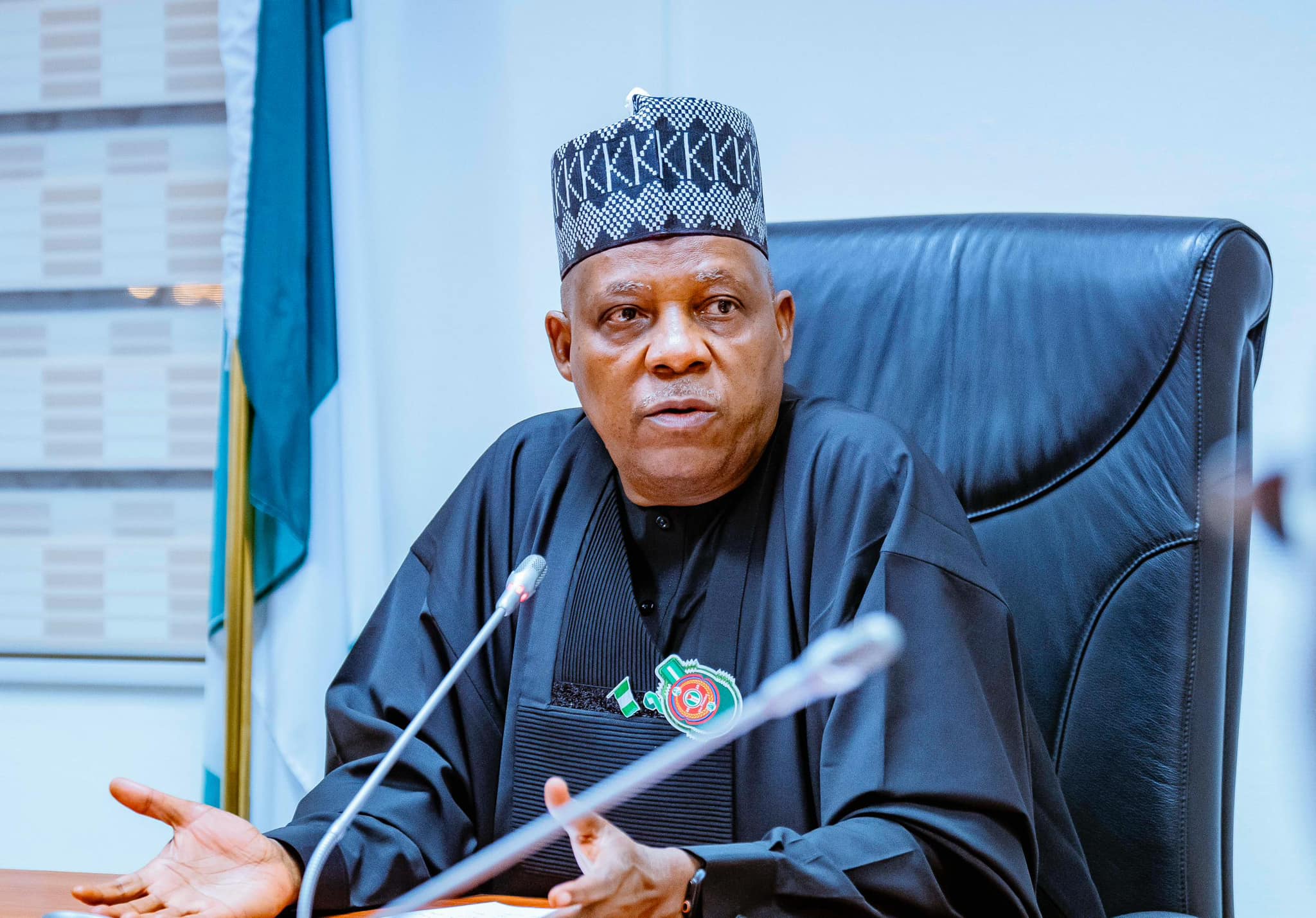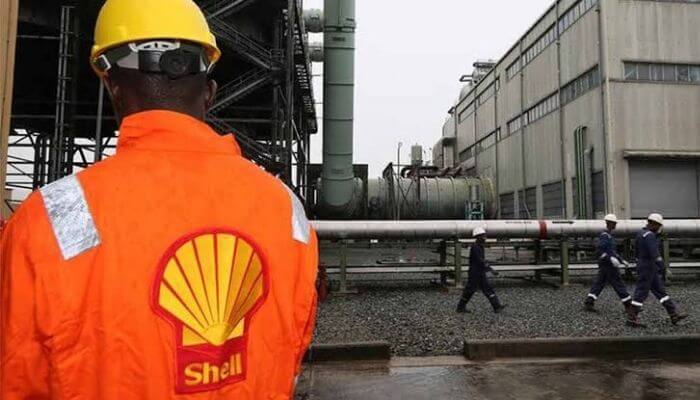* Says N100bn recovered loot injected into education
Alex Enumah in Abuja
President Bola Tinubu on Tuesday, charged the leadership of the Economic Community of West African States (ECOWAS) to designate the stealing of mineral resources from the region as an international crime.
Besides, the president also called on global leaders to shun trade in stolen resources from West Africa.
Tinubu made the call at the 2025 Annual General Assembly of the Network of Anti-corruption Institutions in West Africa (NACIWA) holding in Abuja.
In a keynote address delivered by the Secretary to the Government of the Federation (SGF), George Akume, the president, who observed that recovery of stolen assets is at the core of the region’s fight against corruption, lamented that West Africa’s post-independence economic and political trajectory has been blighted by corruption manifest in the theft and stashing of countries’ resources abroad by corrupt officials.
“Even now, illicit outflows remain an odious miasma. Stealing of mineral resources is on the rise in the region, fuelling proliferation of small arms and light weapons and other violent crimes such as kidnapping and banditry. These have exacerbated our security challenges and worsened the development outlook of the region,” he said.
“I believe that the time has come for ECOWAS to designate resource theft (illegal mining and stealing of minerals in the region) as an international crime that threatens the stability of the region, and galvanises the world against trade in stolen minerals from West Africa.”
While stressing that no country can single handedly win the battle against illicit flows, he urged collaboration through a multi-state and multi-stakeholder platform like NACIWA to harness regional efforts against corruption and its manifestations.
Meanwhile, the president told the gathering that his administration is committed to ensuring that recovered stolen asset becomes an enabler of growth and an instrument for social inclusion.
“We have channelled part of the recovered proceeds of crime as revolving funds for poverty alleviation and social inclusion. Two legacy programmes of my administration — the Students Loan Scheme and Consumer Credit Scheme — commenced operation with the injection of N100 bilion in recovered proceeds of crime by the EFCC.
“Through the Students Loan Scheme, a generation of poor students who otherwise would not afford tertiary education are now able to do so. This is a strategic investment in the future of our nation. In addition, the Credit Scheme allows a segment of the working population to acquire vital assets and pay overtime, thus easing the pressure of the prevailing economic situation.
The president, who commended NACIWA for its work in institutionalizing anti-corruption in the region, pointed out that defeating corruption and insecurity will significantly improve the economic conditions and quality of life in the West African sub region.
“This moment offers yet another opportunity to further consolidate and solidify the foundation already made. I urge you, in your deliberations, to examine critically the regional anti-money laundering frameworks, financial intelligence sharing mechanism and accountability in the extractive sector across the region, for a more prosperous and secure future
“We need a paradigm shift from rhetoric to taking deliberate measures to actualise the vision of ECOWAS founding fathers for collective prosperity and good governance across our region. The challenges, which we face, should not be an excuse to despair. By the end of AGA 2025, the region expects the emergence of a new framework of actions to drive inclusivity and growth,” he added.
In a special remark, the Attorney-General of the Federation (AGF) and Minister of Justice, Prince Lateef Fagbemi (SAN), noted that the theme of the AGA, ‘A United ECOWAS Against Corruption,’ speaks to the heart of Africa’s struggle for integrity, development, and dignity.
Fagbemi, who said that corruption is not confined by national or territorial borders, but flows like water, always finding the weakest cracks, submitted that the menace can be tackled through a joint efforts.
“Individually, our nations can chase corruption. But collectively, we can corner it, choke it, and recover what has been lost,” the AGF said.
Fagbemi however identified challenges such as uneven laws on asset recovery; weak cooperation on mutual legal assistance; gaps in judicial collaboration; limited funding and independence for anti-corruption bodies; and political interference in sensitive cases.
He therefore called on Member States to ratify, implement and enforce ECOWAS anti-corruption and asset recovery protocols without delay.
In a welcome, NACIWA’s President, Mr Ola Olukoyede, who is the Chairman of the Economic and Financial Crimes Commission (EFCC), observed that the AGA provides an occasion to reflect on the region’s collective journey, assess achievements, and draw lessons from experiences since the current executive committee assumed office in 2022.
Olukoyede disclosed that since assuming leadership, the current executive committee has been striving to reposition NACIWA as a more dynamic and credible platform for regional collaboration in anti-corruption.
“We have operationalized our permanent
Secretariat, graciously provided by the Government of Nigeria, ending 13 years of impermanence, restored financial operability.
“The Executive Committee under my guidance relocated the Network’s account to Nigeria, standardized annual membership dues and instituted standard control and reporting mechanisms,” he said.
Olukoyede urged the ECOWAS leadership to renew its collective pledge to build a West Africa united not merely by geography or trade, but bound by integrity, trust and justice as the region celebrates its 50th anniversary.
“Let this Assembly reaffirm our commitment to transcend boundaries, share intelligence responsibly, and act in solidarity for the advancement of our region.
“Distinguished participants, as this Executive Committee prepares for the transition to new leadership, we do so with confidence that the network we have served is stronger, more visible, and more strategically positioned than when we began our tenure,” the NACIWA president said.


